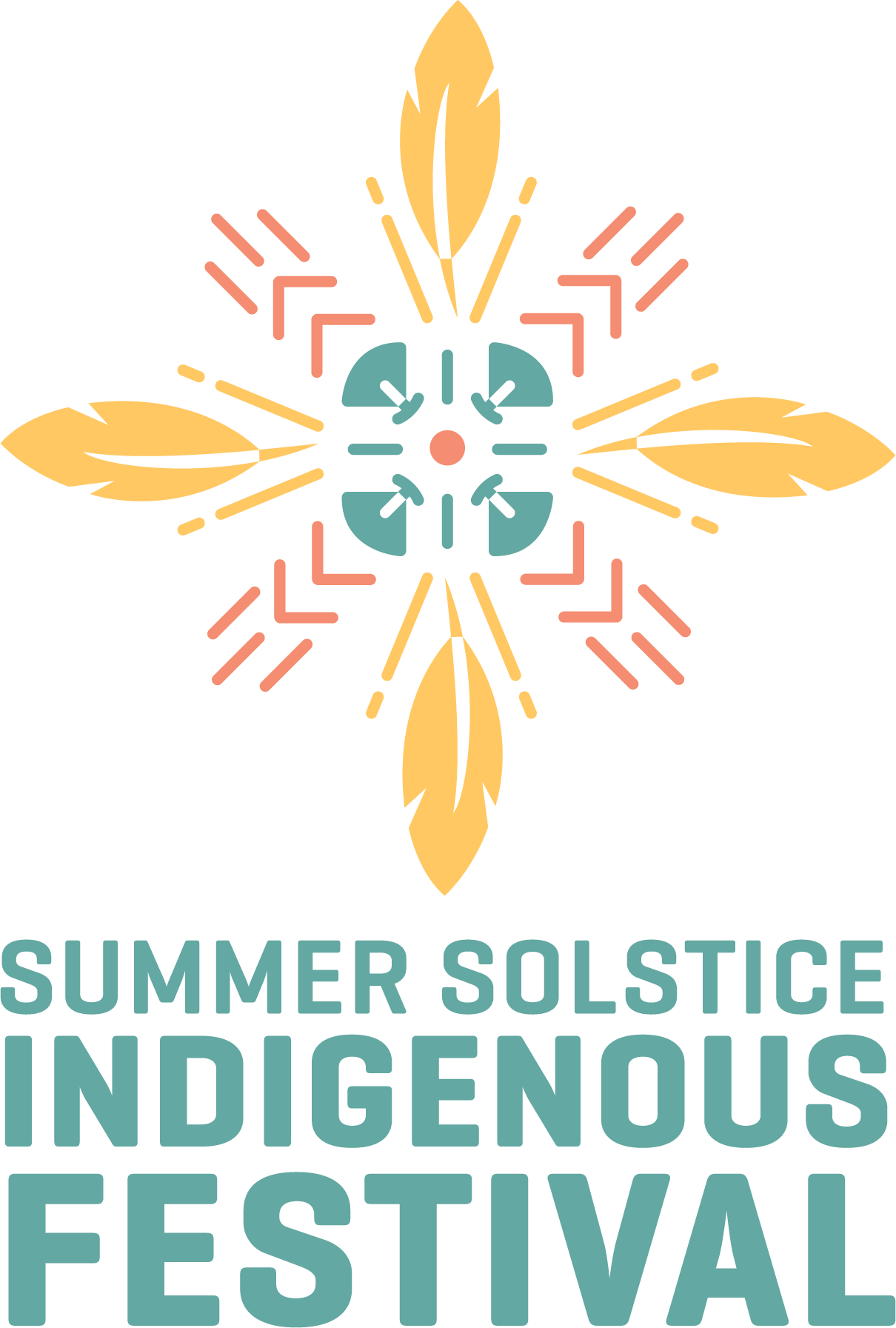Summer Solstice Festivals are produced by Indigenous Experiences on behalf of the National Indigenous Peoples Day Committee (NIPD) comprising the following organizations representing Indigenous communities across Canada.
Each year one of these partner organizations takes a lead role in presenting the festival and correspondingly, programming shines a brighter spotlight on their community and culture.
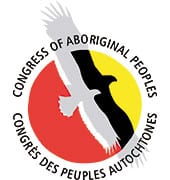
CAP
Congress of Aboriginal Peoples
The Congress of Aboriginal Peoples (CAP) is one of five National Aboriginal Representative Organizations recognized by the Government of Canada. Founded in 1971 as the Native Council of Canada (NCC), the organization was originally established to represent the interests of Métis and non-status Indians. Reorganized and renamed in 1993, CAP has extended its constituency to include off-reserve status and non-status Indians, Métis and Southern Inuit Aboriginal Peoples, and serves as the national voice for its provincial and territorial affiliate organizations. CAP also holds consultative status with the United Nations Economic and Social Council (ECOSOC), which facilitates its participation on international issues of importance to Indigenous Peoples.
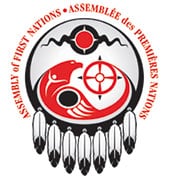
AFN
Assembly of First Nations
The Assembly of First Nations (AFN) is the national representative organization of the First Nations in Canada. There are over 630 First Nation communities in Canada whose interests are represented by the AFN. They are determined to reaffirm faith in fundamental human rights, in the dignity and worth of the human person, in the equal rights of men and women and of the First Nations communities large and small. AFN promotes social progress and better standards of life among the First Nations people. By virtue of their rich heritage, historical experience and contemporary circumstances, First Nations possess common interests and aspirations to exercise their political will in common and to develop a collective struggle or cause based upon their values of trust, confidence and toleration.
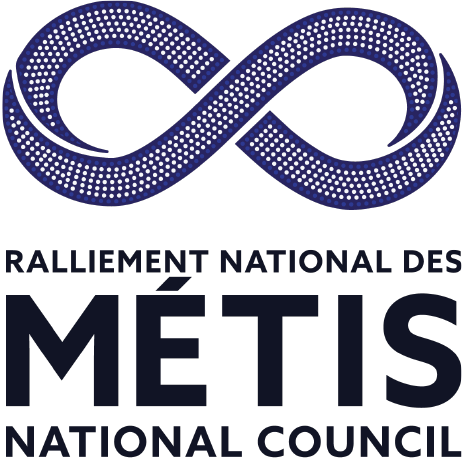
MNC
MÉTIS NATIONAL COUNCIL
The Métis emerged as a distinct Indigenous people and nation in the historic Northwest during the late 18th century. The historic Métis Nation Homeland encompasses the Prairie Provinces of Manitoba, Saskatchewan and Alberta and extends into contiguous parts of Ontario, British Columbia, the Northwest Territories, and the northern United States. In 1870 the Métis Provisional Government of Louis Riel negotiated the entry of the Red River Settlement into Confederation as the Province of Manitoba. The Métis Nation is represented at the national and international levels by the Métis National Council which receives its mandate and direction from its Governing Members, the democratically elected governments of the Métis Nation within Saskatchewan, Alberta, Ontario, and British Columbia.
www.metisnation.ca
NAFC
The National Association of Friendship Centres
The National Association of Friendship Centres (NAFC) is a network of 118 Friendship Centres and seven Provincial and Territorial Associations (PTAs) from coast – to – coast – to – coast. Friendship Centres are Canada’s most significant off-reserve Indigenous service delivery infrastructure and are the primary providers of culturally enhanced programs and services to urban Indigenous residents. For over half – a – century, Friendship Centres have been facilitating the transition of Indigenous people from rural, remote and reserve life to an urban environment. For many Indigenous people, Friendship Centres are the first point of contact to obtain referrals to cultural based socio-economic programs and services. As the national body of the Friendship Centre Movement, the NAFC is democratically governed, status blind and accountable to its membership.
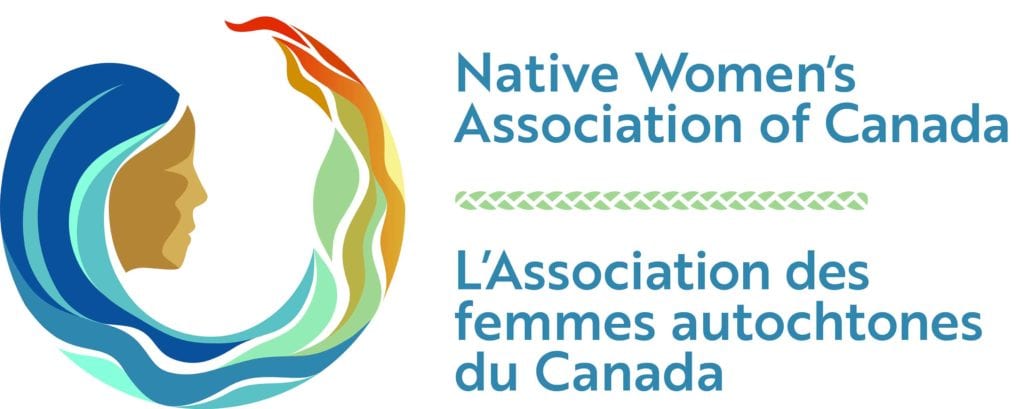
NWAC
Native Women’s Association of Canada
The Native Women’s Association of Canada (NWAC) works to advance the well-being of Indigenous women and girls, as well as their families and communities through activism, policy analysis and advocacy. NWAC was incorporated in 1974 as an aggregate of 13 Indigenous women’s groups from coast to coast to coast, with the goals of preserving Indigenous culture, achieving equal opportunity for Indigenous women, and having a role in shaping legislation relevant to Indigenous women. NWAC is one of the five officially recognized National Aboriginal Organizations (NAOs) whose purpose is to represent and speak, at the national level, on behalf of Indigenous women in Canada.
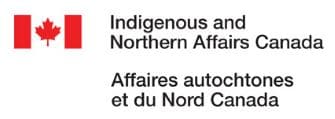
INAC
Indigenous and Northern Affairs Canada
INAC is one of 34 federal government departments responsible for meeting the Government of Canada’s obligations and commitments to First Nations, Inuit and Métis, and for fulfilling the federal government’s constitutional responsibilities in the North. INAC‘s responsibilities are largely determined by numerous statutes, negotiated agreements and relevant legal decisions. Most of INAC‘s programs and spending are delivered through partnerships with Indigenous communities and federal-provincial or federal-territorial agreements. INAC also works with urban Indigenous peoples, Métis and Non-Status Indians (many of whom live in rural areas).

Indigenous Experiences
Indigenous Experiences’ expertise ranges from booking entertainment to providing catering (for up to 4,000 guests), to planning and managing all aspects of multi-day events for 10 to 50,000 people. Additionally, Trina and her team regularly work with national and provincial governments and agencies to develop and deliver educational programs that prepare Indigenous youth and entrepreneurs for careers in tourism. In 2016 Trina received the National Tourism HR award from Tourism HR Canada.
The organization also operates the award-winning, seasonal Indigenous Experiences attraction in Ottawa-Gatineau – one of Canada’s most established and successful Indigenous cultural tourism products – recognized as a Destination Canada Signature Experience.

